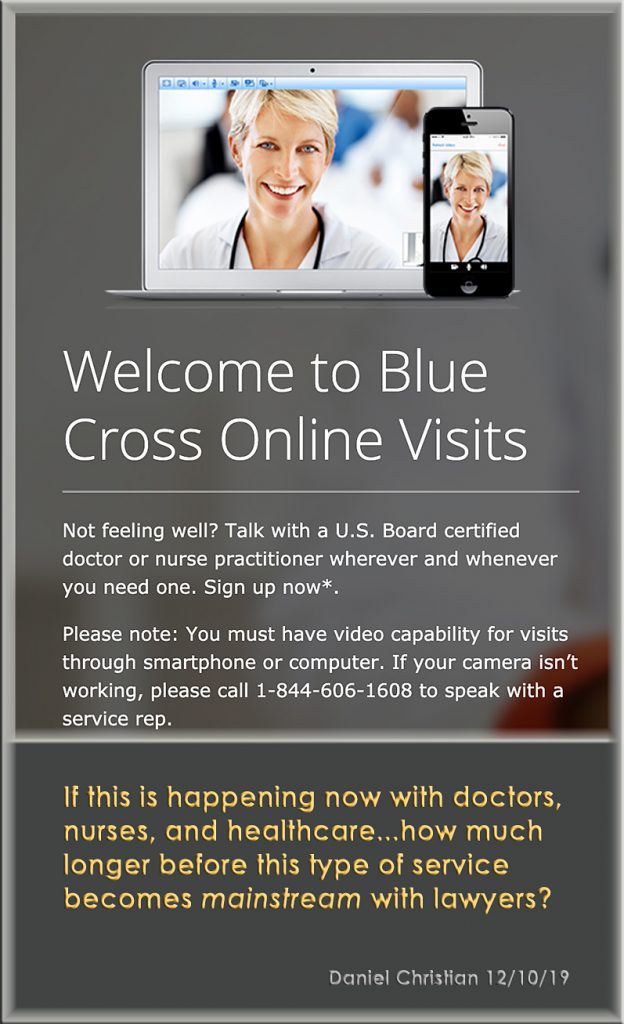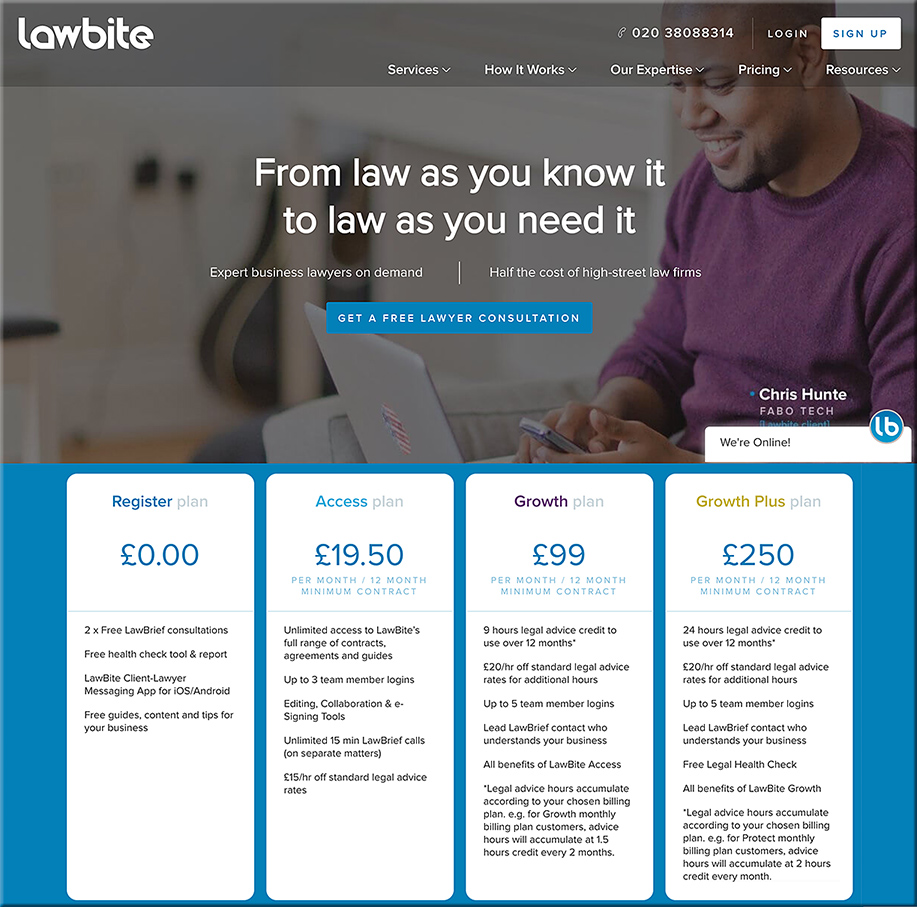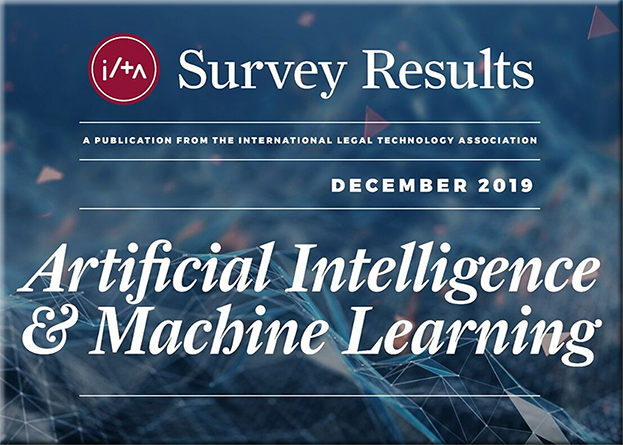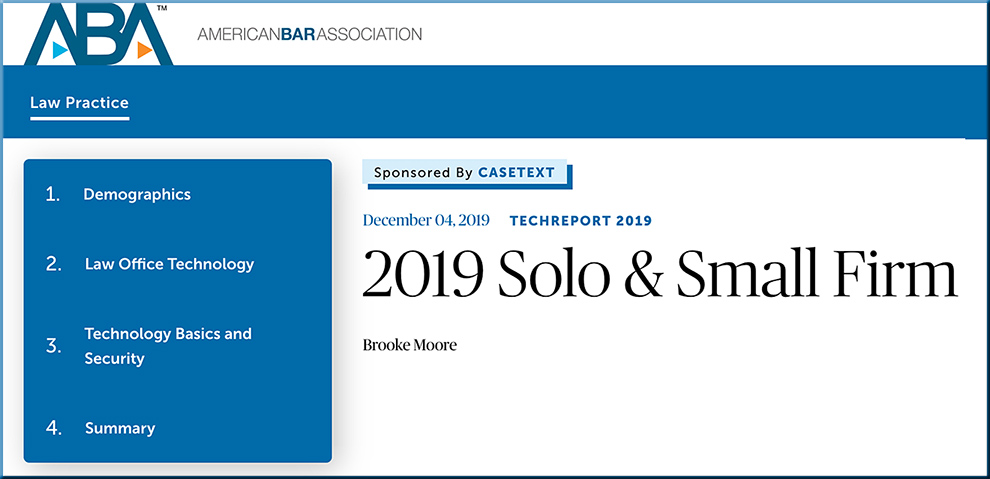
From DSC:
Along these lines, we’ll likely see more bots and virtual legal assistants that we will be able to ask questions of.
#A2J #AccessToJustice #legal #lawyers #society #legaltech #bots #videoconferencing #AI #bots #VirtualAssistants
Along these lines, also see:
Innovative and inspired: How this US law school is improving access to justice — from studyinternational.com
Excerpt:
Though court and other government websites in the US provide legal information, knowing what to search for and understanding legal jargon can be difficult for lay people.
Spot, software that is being developed at the LIT Lab, aims to fix this.
“You know you have a housing problem. But very few people think about their housing problems in terms of something like constructive eviction,” explains David Colarusso, who heads the LIT Lab. “The idea is to have the tool be able to spot those issues based upon people’s own language.”
Developed by Colarusso and students, Spot uses a machine-based algorithm to understand legal queries posed by lay persons. With Spot, entering a question in plain English like “My apartment is so moldy I can’t stay there anymore. Is there anything I can do?” brings up search results that would direct users to the right legal issue. In this case, the query is highly likely to be related to a housing issue or, more specifically, to the legal term “constructive eviction.”
Lastly, here’s an excerpt from INSIGHT: What’s ‘Innovative’ in BigLaw? It’s More Than the Latest Tech Tools — from news.bloomberglaw.com by Ryan Steadman and Mark Brennan
Top Innovation Factors for Success
- The first step is always to observe and listen.
- True innovation is about rigorously defining a client problem and then addressing it through a combination of workflow process, technology, and people.
- Leave aside the goal of wholesale transformation and focus instead on specific client use cases.
Before revving the engines in the innovation process, the safety check comes first. Successful innovation requires a deliberate, holistic approach that takes into consideration people, process, and technology. Firms and vendors that listen and learn before implementing significant change will stand apart from competitors—and help ensure long-term success.














